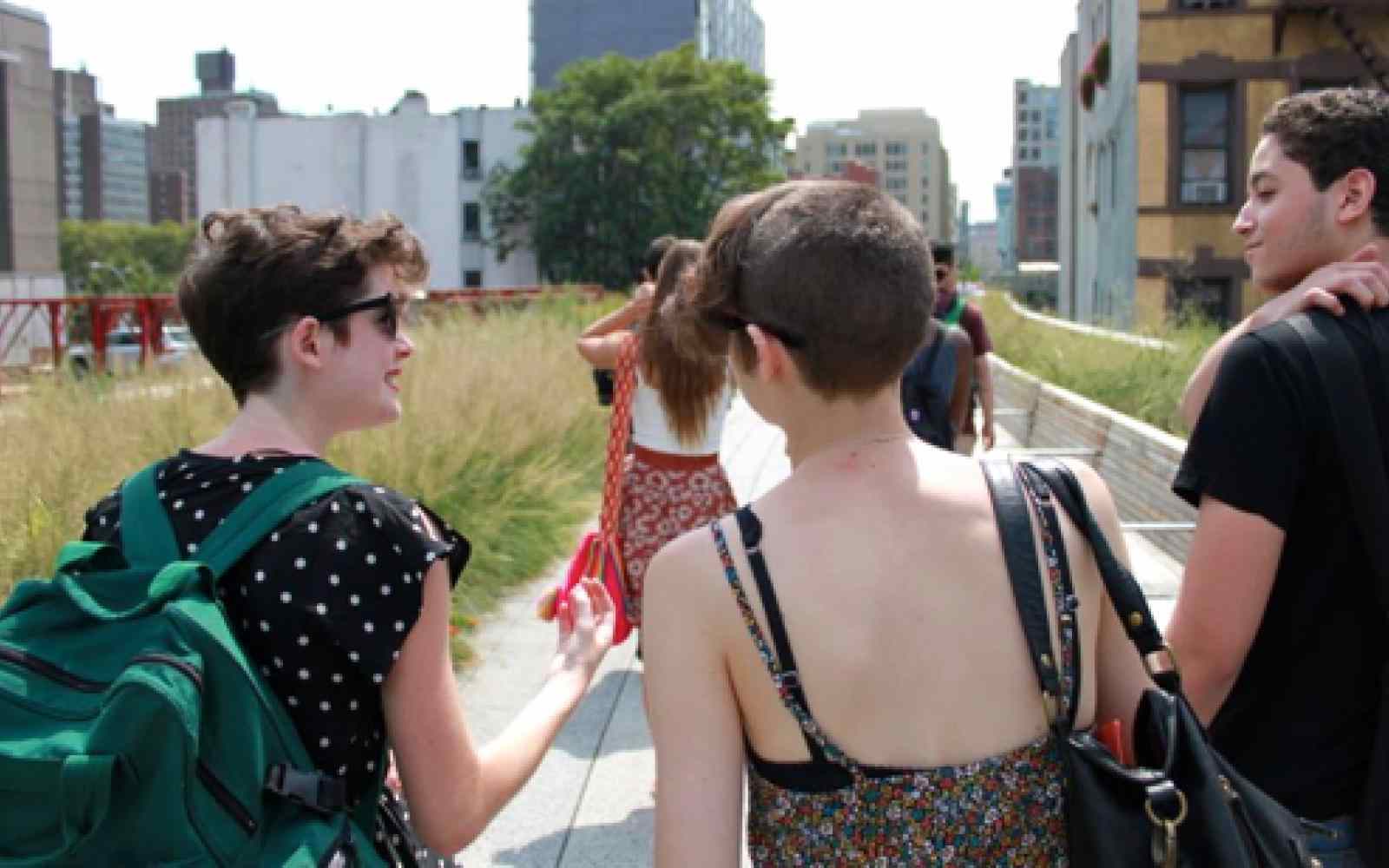It isn’t always easy to see the limitations of our own points of view. Ideally, college helps to lay bare the assumptions we don’t even know we make. Cognitive dissonance is fundamental to learning, and, in every course, students should bump into something unexpected or unsettling.
The question is, how do we offer students deep, transformative learning experiences in educational institutions around the world?
About 30 years ago, study abroad programs became an important part of college commitments to cognitive dissonance. Now, with decades of practice behind us, we can see some common pitfalls. We know that too easily time abroad can turn into tourism plus a few courses—and many programs now recommend longer stays (ideally, a full semester). Even the most well-structured international course cannot help but hive off students from their surroundings; students wake in the morning in a housing facility administered by the school and perhaps go on guided excursions, but spend most of the day in a classroom with their fellow ex-pats.
At Eugene Lang College at The New School for Liberal Arts, we have found another way to provide a rich, international experience that borrows from the community engagement model used for alternative spring breaks. It’s a gap year that doesn’t leave a gap in a student’s educational development or school trajectory.
In partnership with Global Citizen Year, a bridge year organization creating a new educational pathway for America’s next generation of leaders, we have launched the Lang/Global Citizen Year Fellows program. This new program at Lang allows incoming freshmen to spend their first year deeply immersed in the developing world through homestays, language study, and apprenticeships with local, civic-minded organizations. While in the field, our fellows complete Global Citizen Year’s standard leadership training curriculum and also complete coursework on globalization, led by our faculty, which provides a context for the students’ experiences. When the fellows return, they will have earned a full year of college credit.
What does this look like? One Lang/Global Citizen Year Fellow reported that shelling peanuts with her host family in Senegal took on new meaning after reading an essay about the introduction of the peanut as a cash crop by the French. And, she added, the essay was more powerful and instructive given what she had learned about her host family’s dependence on peanuts.
The benefits of gap year programs have long been celebrated anecdotally, but there is new evidence in support of these educational experiences, confirming what students and their parents have always known. Last year, the academic journal Teaching in Higher Education published the results of a study of a U.K. gap year program, which concluded that the experience “fuses civic engagement with significant personal, moral, civic and intellectual development.”1 In 2010, a study in Journal of Education Psychology found that students who participate in gap years tend to emerge more academically motivated and with a clearer sense of direction than their peers who do not participate in gap years.2 Further, gap years give students an edge upon graduation, serving as “an important means of gaining distinction over peers,” in the words of a study published in the British Journal of Sociological Education.3
This last bit is far from trivial—as work and post-graduate opportunities become increasingly competitive, it is these types of nontraditional experiences that help distinguish one young job applicant from another.
The impact of this type of program goes beyond those who are participating as fellows. These students become a valuable addition to the classroom, where their insight and real-world experiences can help elevate discussions, especially in the small, seminar-style classes we offer at Lang. Their perspective—essentially that of someone who’s spent a year working and living abroad—can help reframe discussions and open the world for their peers.
If we believe that it’s important for graduates to leave college as empathetic leaders who are thoughtful about the world, and if we value cognitive dissonance and experiences that expand students’ perspectives, then we should get the word out. We should tell high school students and guidance counselors that universities and employers alike welcome applicants who have participated in bridge year programs.
And, we can go further. We can link bridge year programs to our programs. That’s what we have done at Lang with Global Citizen Year. While the pilot is still in progress, evidence of success is plentiful and we are preparing for a larger cohort next year. It’s challenging students, and expanding their points of view, in exactly the way parents, teachers, and academic researchers have found is best. Our program, and others like it around the country, should continue to produce benefits—for the participant, for their classmates, their eventual employer, and the world at large—for decades to come.
